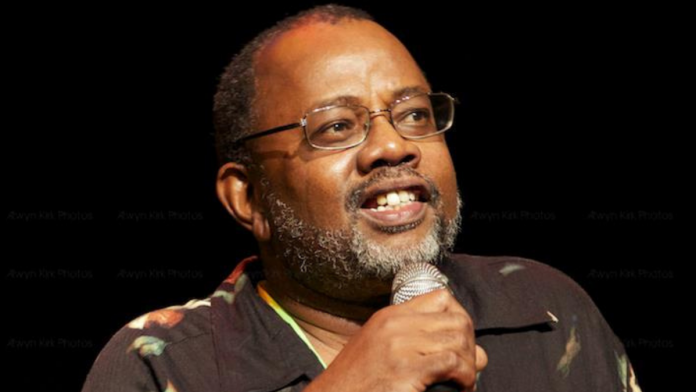By Orville Williams
Antigua and Barbuda has been tasked with overcoming some significant politically-related challenges in order to replicate the efforts of Barbados and transition to a republic.
Barbados severed its remaining ties to the British monarchy at midnight on Monday, replacing Queen Elizabeth II as head of state with its first President, Dame Sandra Mason, and becoming the world’s newest republic.
Since then, the Mia Mottley-led island nation has been receiving applause from around the world and specifically from the rest of the Caribbean, with many calling the move a welcome development that should inspire the region.
Among those applauding Barbados’ transition is the Chairman of the Antigua and Barbuda Reparations Support Commission, Dorbrene O’Marde, who echoed that latter sentiment while speaking with Observer.
“I applaud the Barbadian government, the Barbadian people, Prime Minister Mia Mottley and of course, special congratulations to the new President of Barbados.
“I think [the transition] is significant, very significant. Barbados has ended a colonial relationship with Great Britain…Barbadians have opted for total sovereignty [and] they are now in a position where decisions about Barbados are being made by Barbadians.
“I think it’s totally important that the rest of us in this Caribbean who have remained as independent countries or as colonies understand the significance of this move,” he said.
The move was announced last September by then-Governor General, Dame Sandra, as part of the annual Throne Speech, where she declared that “the time has come to fully leave our colonial past behind…Barbadians want a Barbadian head of state”.
Now, Barbados has joined Dominica, Guyana and Trinidad and Tobago as the only Caricom countries to achieve republic status after gaining independence from Britain.
According to O’Marde, the list should not stop there and those in Antigua and Barbuda should aspire to make a similar transition, starting with navigating some important roadblocks.
“It’s a point to which we must get; … the challenge is how do we overcome the barriers to getting there? One of the barriers is constitutional…changing the constitution requires – as it is an entrenched clause – at least a two-thirds majority of the voting population to do this,” he explained.
“We know [how hard that is to achieve] within the present political climate, because we’ve had recent experience as far as the [Caribbean Court of Justice] CCJ is concerned; how political manipulation forced us to abort an attempt to join the CCJ to make a Caribbean court the highest in our land.”
Along with the constitution issue, O’Marde claimed that the socio-political atmosphere is not one that encourages “free thinking”, which makes it even more difficult for such an important consensus to be reached.
“The question will [also] revolve around political leadership, as to the positions taken by the political leaders, both in government and in opposition…and the positions taken by the Antiguan and Barbudan people.
“Unfortunately, I think in many ways, people in this country will take their positions – as far as republicanism is concerned – from their political leaders. We do not, I think, have that civic consciousness within our population to make that decision independent of the major [political] parties in this country,” he added.
Before Barbados, it has been more than two decades since the last Commonwealth country decided to remove the Queen as head of state and become a republic.
The Republic of Mauritius – an island nation in the Indian Ocean – gained independence from Great Britain back in 1968 and achieved full sovereignty later in 1992.

